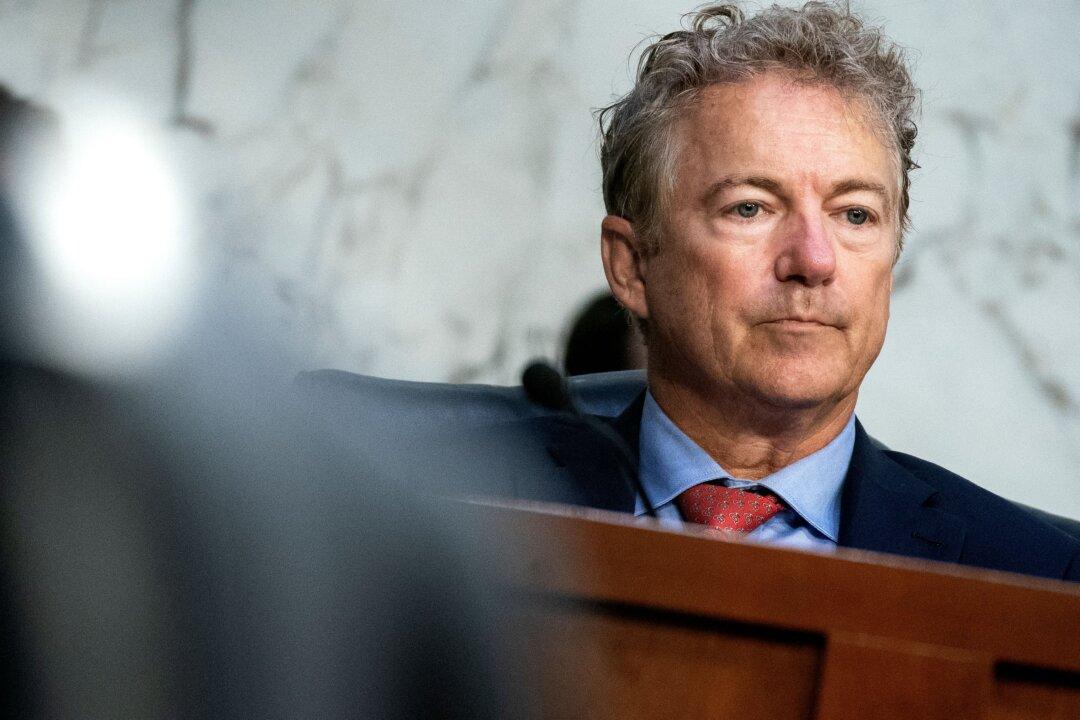Sen. Rand Paul (R-Ky.) introduced legislation on May 30 offering an alternative to the debt limit agreement reached by House Speaker Kevin McCarthy and President Joe Biden.
Paul’s proposal would raise the debt ceiling by only $500 billion, compelling Congress to resolve America’s debt problem with a more permanent solution in the near future. In addition, the measure would impose automatic budget adjustments each year moving forward.





